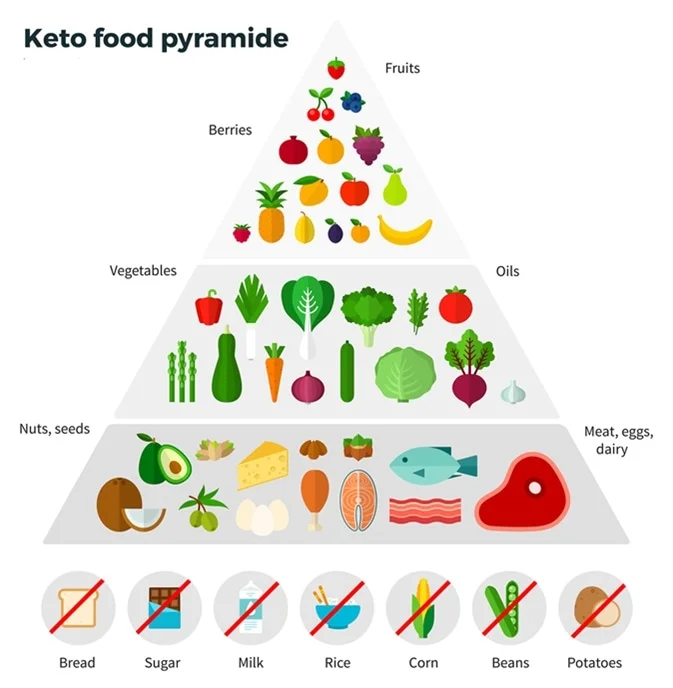There is no one-size-fits-all answer to the question of what the best diet is, and the keto diet may not be the best choice for everyone.
The keto diet is a high-fat, moderate-protein, and very low-carbohydrate diet that aims to induce a state of ketosis in the body, which can help to burn fat for energy. In this diet, the goal is to get most of your calories from fat, with moderate amounts of protein and very few carbohydrates.
While the keto diet can be effective for weight loss in some individuals, it can also be difficult to sustain in the long-term and may not be appropriate for those with certain health conditions, such as liver or pancreatic disease, or those taking certain medications.
Additionally, because the keto diet is so low in carbohydrates, it can be difficult to meet your nutrient needs, particularly for vitamins, minerals, and fiber. This can lead to constipation, fatigue and nutrition deficiency if the diet is not properly balanced.
A well-rounded, healthy diet that includes a variety of whole foods, including plenty of fruits and vegetables, lean protein sources, and healthy fats, is generally recommended for most people. It’s also important to stay hydrated and limit processed foods and added sugars. Consulting a registered dietitian can help you determine the best diet for your individual needs and goals. They can work with you to develop a personalized nutrition plan that meets your nutritional needs and supports your health goals.


